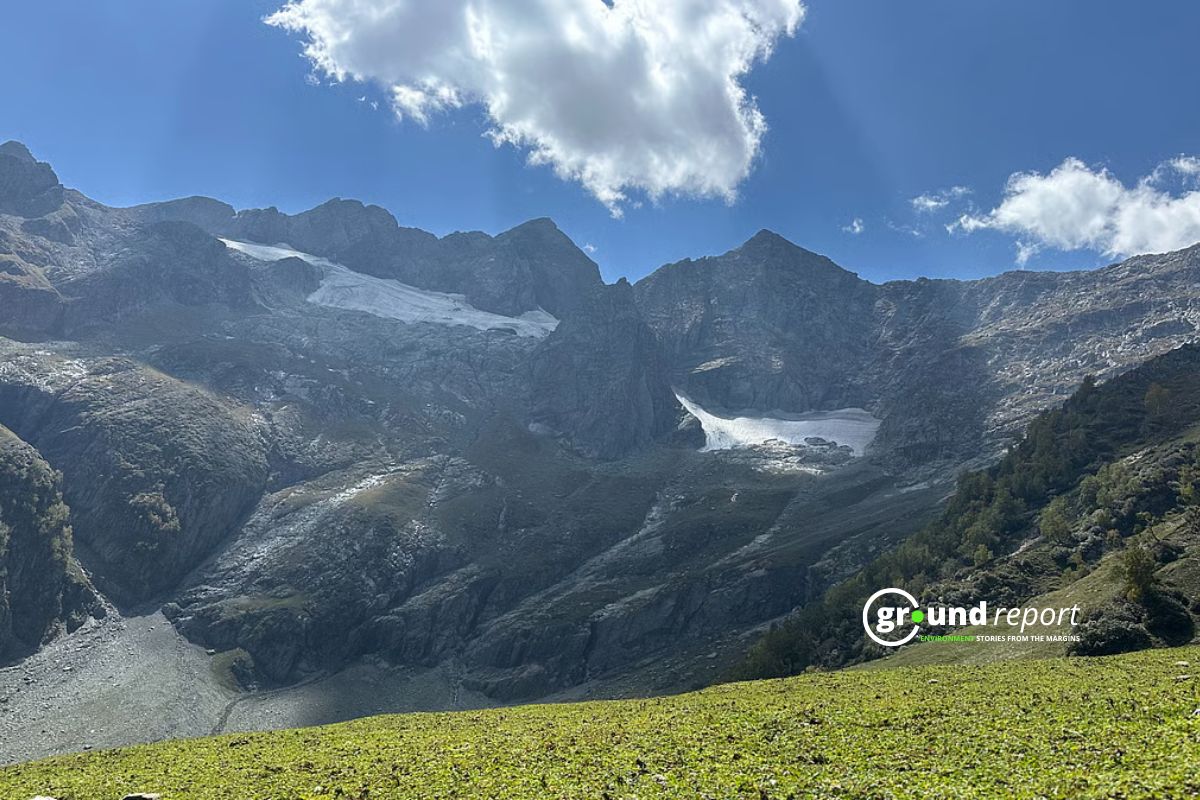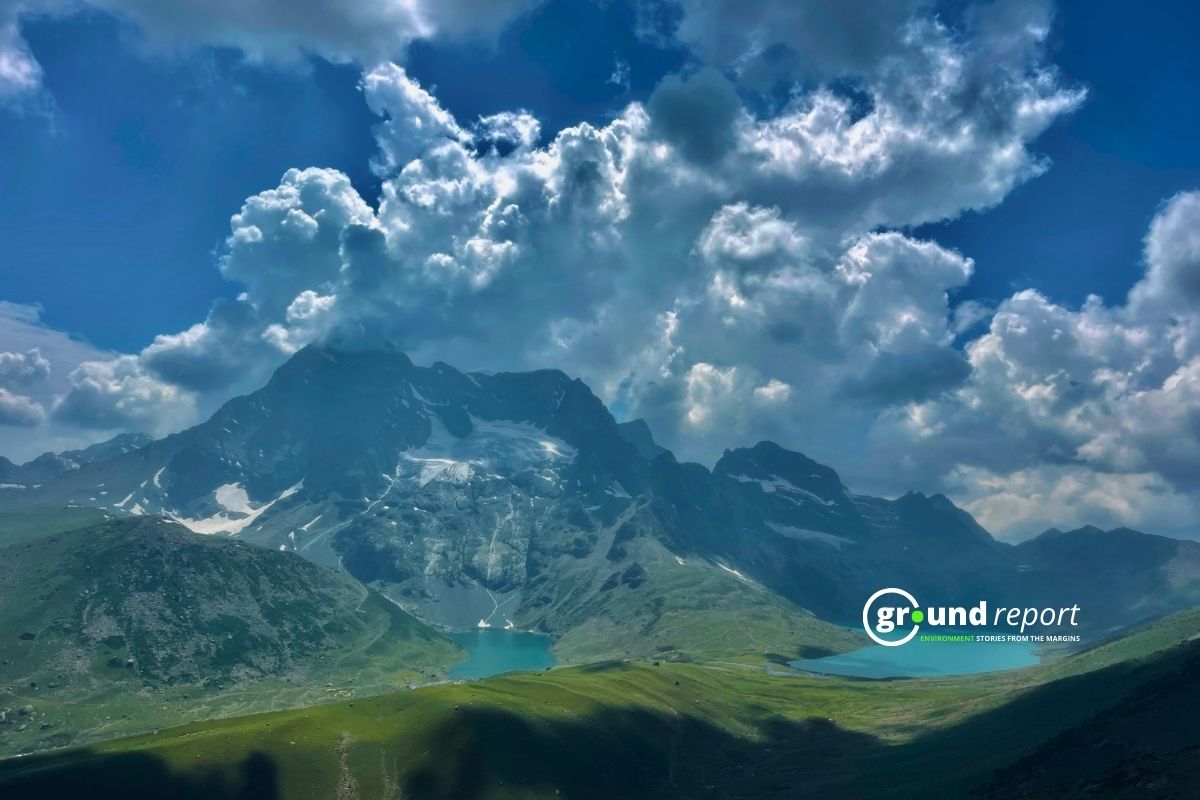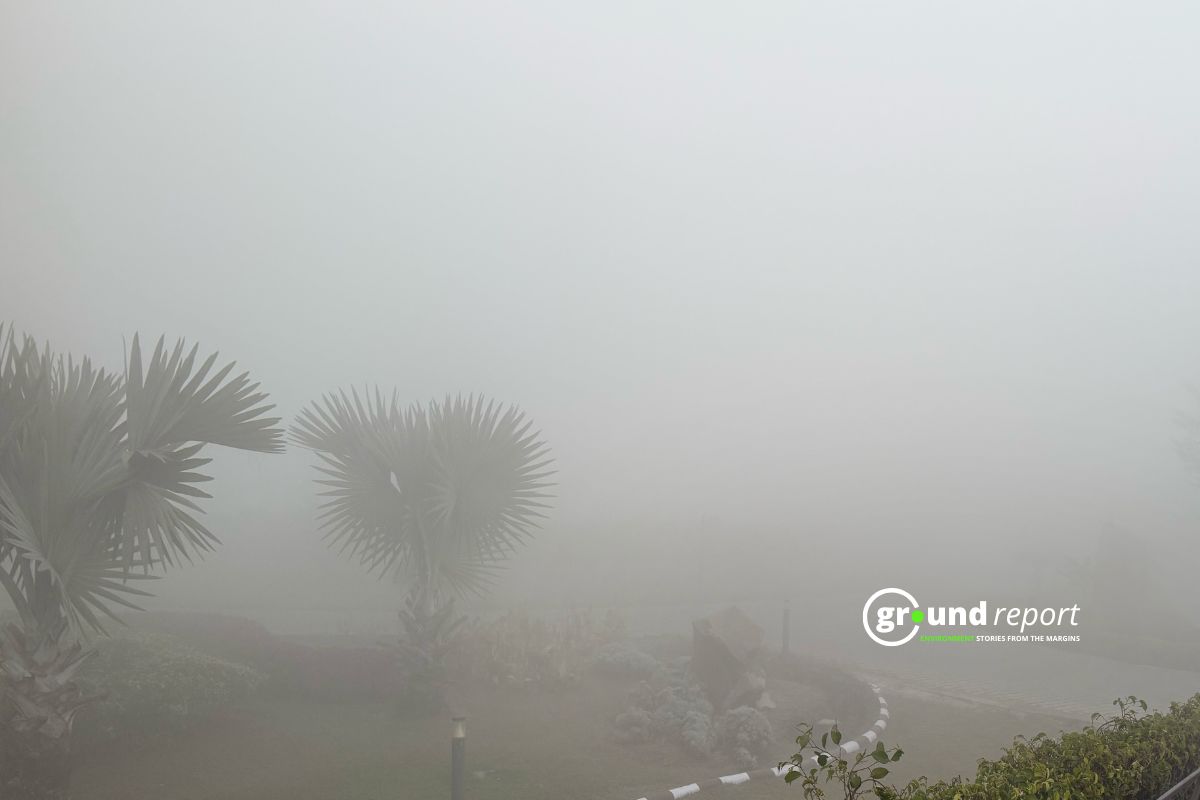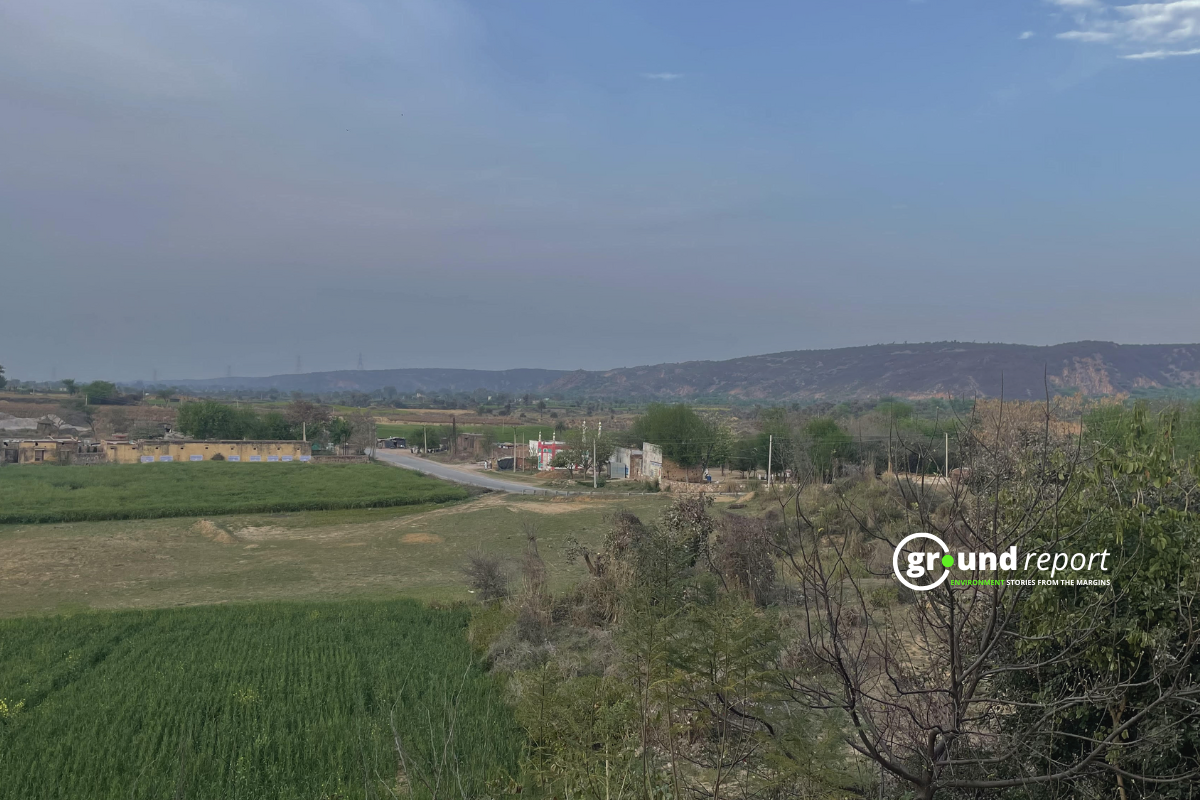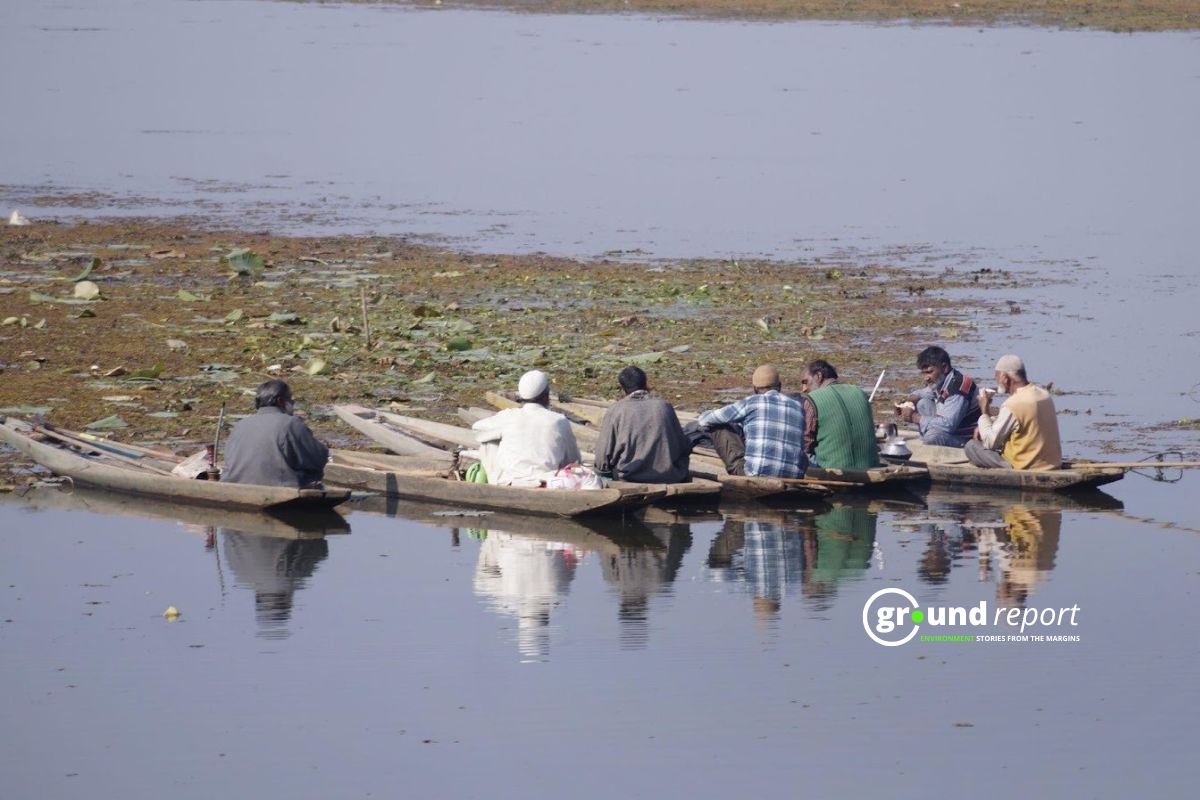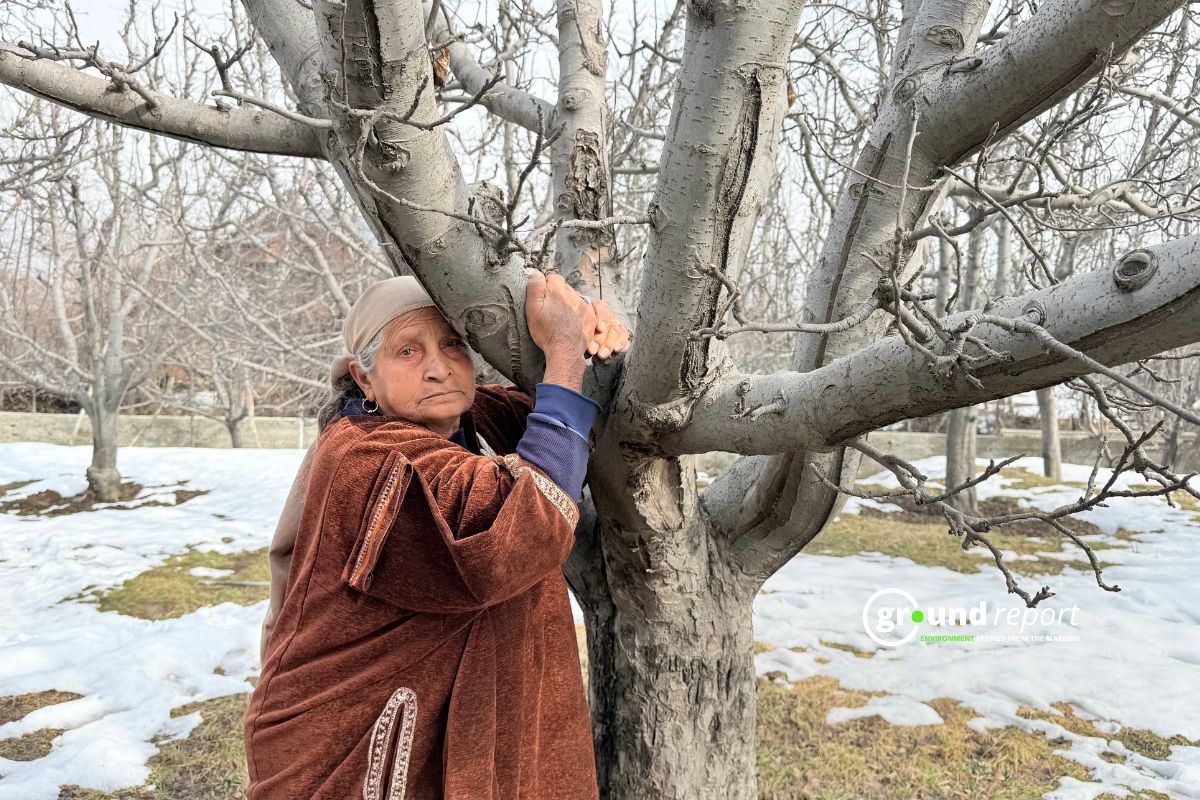The UN World Meteorological Organization (WMO) also warned this Wednesday, that “the seven hottest years have been recorded since 2015 and that the first three places in the classification correspond to 2016, 2019, and 2020”.
The organization stresses that “for the seventh consecutive year, the global temperature exceeded pre-industrial levels by more than one degree Celsius.” “Consecutive La Niña episodes meant that compared to recent years, the warming experienced in 2021 was relatively less pronounced,” said WMO Secretary-General Petteri Taalas.
“Even so, 2021 was warmer than previous years, in which the effects of La Niña were felt,” he added. This shows, he insisted, that ” long-term global warming as a result of the increase in greenhouse gas concentrations is now much greater than the interannual variability of global average temperatures caused by climate conditions of natural origin.”
La Niña causes a drop in water temperature in the central and eastern Pacific oceans, which has a meteorological impact on the entire planet. This phenomenon, which has the opposite impact of El Niño, which causes global warming, usually occurs once every two to seven years but has occurred twice since 2020.
The WMO released its findings by consolidating data from six major international databases, including the European Union’s Copernicus climate monitor and the US National Oceanic and Atmospheric Administration, which announced similar results last week.
These databases showed that the global average temperature in 2021 was 1.11 ºC, a level higher than the pre-industrial levels measured between 1850 and 1900.
2021 also marked the seventh year in a row that the planet’s average temperature was 1°C above that recorded in the pre-industrial era.
This implies that the planet “is approaching the lower limit of the increase in temperature that the Paris Agreement seeks to avoid,” the WMO warned. The 2015 Paris Agreement calls for keeping global warming “well below” +2°C relative to pre-industrial times, and not exceeding +1.5°C if possible.
The WMO notes that this seven-year run of record temperatures is part of a broader trend. “Since the 1980s, each new decade has been warmer than the last, and that trend is expected to continue,” he warned.
Databases differ on the position of 2021 among the hottest years. The Copernicus Observatory claims that it is the fifth, the American places it as the sixth, and others claim that it is the seventh. “The small differences between these data sets indicate the margin of error expected to calculate the global average temperature,” explained the WMO.
Although not among the hottest years of the last seven, 2021 has been marked by temperature records and extreme weather events linked to climate change.
Taalas pointed to “the record temperature of almost 50°C recorded in Canada, comparable to the values observed in the hot Saharan desert of Algeria, due to the exceptional rainfall and the deadly floods that hit Asia and Europe, as well as because of the drought that hit parts of Africa and South America. (Hottest years in history)
“The impacts of climate change and climate-related hazards have had devastating, life-altering effects on communities on every continent,” said Taalas.
Support us to keep independent environmental journalism alive in India.
Keep Reading
MP farmers battle stray animals, sleepless nights to protect crops
Indore’s Pipliyahana Lake struggles to survive, even after conservation measures
Costliest water from Narmada is putting financial burden on Indore
Changing weather pattern impacts soybean crops in Dewas region of MP
Follow Ground Report on X, Instagram and Facebook for environmental and underreported stories from the margins. Give us feedback on our email id greport2018@gmail.com.
Don’t forget to Subscribe to our weekly newsletter, Join our community on WhatsApp, Follow our Youtube Channel for video stories.

